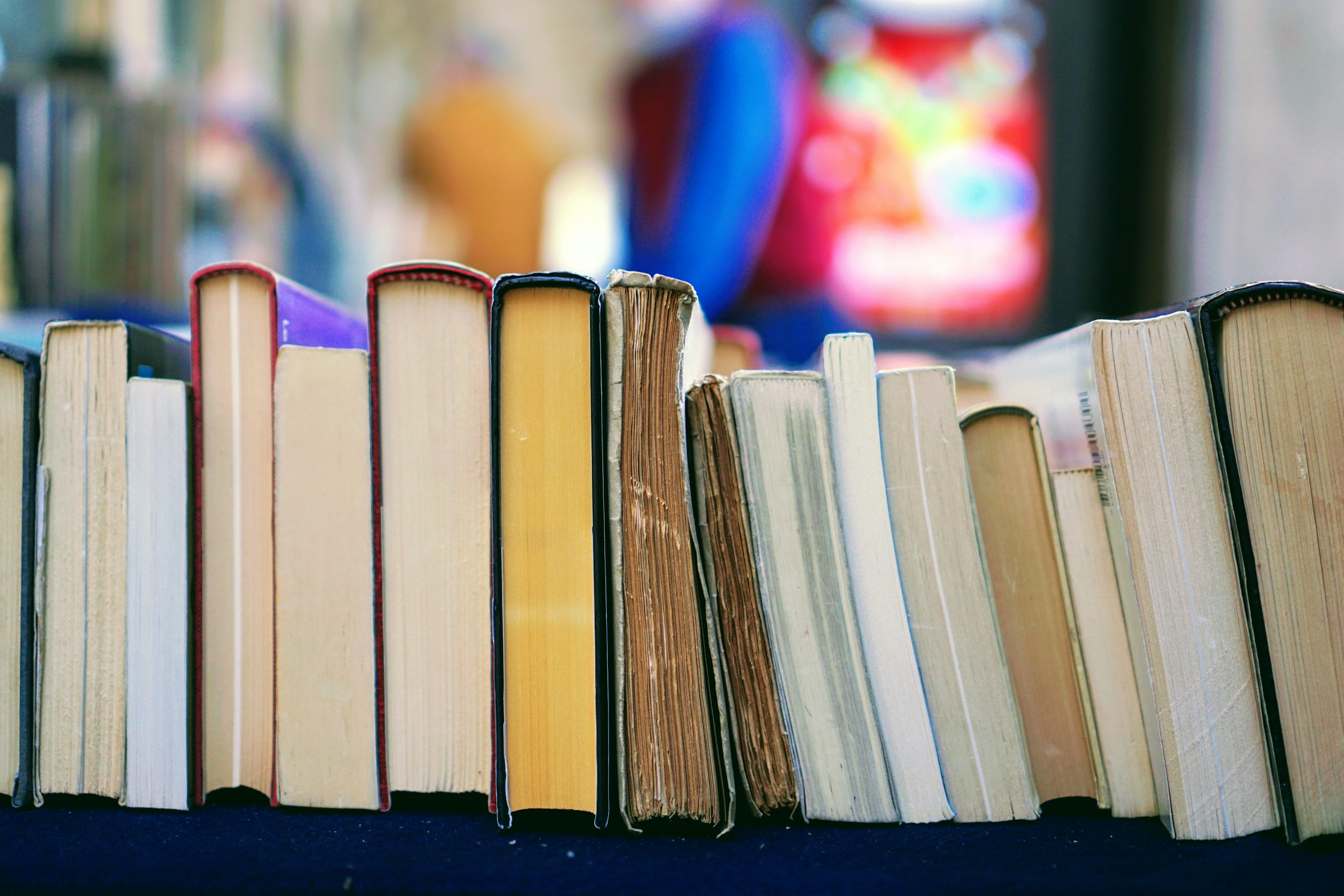NOTE: I’ve updated this list. Go to this blog post for the newest list of Best Psychology Books.
A couple of years ago I wrote a blog post about my favorite psychology and usability books. Since then there have been more great psychology books to hit the bookstores, so I thought it was time to update the list.I’ve also decided to split the list, so this one is just psychology books. I’ll do another post on UX and Design books.
I do have an Amazon affiliate account, so I’ve included a link to each book after the description if you are interested in purchasing or just getting more info.
1. Thinking Fast and Slow, by Daniel Kahneman, 2011 – If you want to understand how people think and how and why they react, then this is a must read. Daniel Kahneman is a Nobel prize winner in Economics, but this book is all about how people think and react. It’s very well written, but I will warn you, it’s not an easy read. Plan to spend time reading this one. But it will be worth it for the understanding you get into why we do the things we do.
2. Redirect, by Timothy Wilson, 2011 – This is the second book of Timothy Wilson’s on my list. If you want to know how to make permanent and lasting change in your behavior, or the behavior of someone you know, then this is the book to read. Wilson covers the recent and often very surprising research on interventions and therapies that result in people actually changing. Permanent behavior change is hard to come by. This book tells you what does and doesn’t work based on research.
3. Drive, by Daniel Pink, 2011 – What really motivates people? This book covers the research on human motivation in the last few years. It’s well written, and an easy read, and will explode some long-standing beliefs.
4. The Invisible Gorilla by Chabris and Simon, 2011 – Chabris and Simon explain their research that shows how what we think we are seeing and experiencing is not really what’s out there. A fun book about how we deceive ourselves.
5. Strangers to Ourselves: The Adaptive Unconscious, by Timothy Wilson, 2004 – This is the book that actually got me started seriously on the topic of the unconscious. I had read Blink (Malcolm Gladwell) and although that was an interesting book, I wanted more depth and detail. Gladwell referenced Wilson’s book so I started reading it and light bulbs went off for me. This one is a bit more academic and psychological, especially the first few chapters, but all in all, a great book with lots of interesting insights and strong research.
6. Stumbling on Happiness by Dan Gilbert, 2007 – This is a fun read. I don’t think it’s really about Happiness, so I don’t totally understand the title. To me it’s mainly about memory of the past, and anticipation about the future, and the research on how accurate or inaccurate we are about both past and future. It’s full of fascinating research, but is written in a very readable way.
7. Influence: The Psychology of Persuasion, by Robert Cialdini, 2006 – This is a newer version of the original book that came out several years ago. This book is the “granddaddy” of all the other books on the topic of persuasion. A very worthwhile read. Interesting too, because at the time he originally wrote this book each chapter had a section on how to RESIST the persuasive techniques. He wasn’t a proponent of using them; he wanted you to know about them so you wouldn’t fall prey. He did a turn-around on that mindset for his later work and writing.
8. Brain Rules: 12 Principles For Surviving and Thriving at Work, Home, and School, by John Medina, 2009 – This is a somewhat misleading book. From the way it’s described you would think it’s a very practical book, for everyone, not academic or research oriented. But actually it’s quite a treasure trove of research, which I think is a good thing. He has this weird section at the end of each chapter where he tells you how to apply the principles in that chapter to your everyday life. I think those sections are the weakest, actually. But the material in the body of each chapter is solid, well referenced and well written. If you want a basic book that explains some basic brain functioning I would definitely read this book.
9. Predictably Irrational, by Dan Ariely, 2008. There is some great content in this book, but I have a basic disagreement with the premise. If you have read my blog posts or books you know that I believe that it is not that our decision-making or mental processing is “irrational”. It’s unconscious, but that doesn’t mean irrational or bad. Our unconscious mental processing works most of the time. Ariely’s view is that we are irrational and irrational means bad, and that we should learn how to counteract our mental processing. I don’t agree. But the research in the book is still good (it’s his interpretations and recommendations I take issue with).
10. And please forgive me if I put one of my books on the list! — my latest: How To Get People To Do Stuff
Do you agree with my list? Do you have some favorites that I’ve failed to mention?
If you like psychology check out the YouTube channel Brain Signals. It’s a collaboration between the Brain Lady and animator Truscribe.


Leave a Reply to Susan Weinschenk Cancel reply